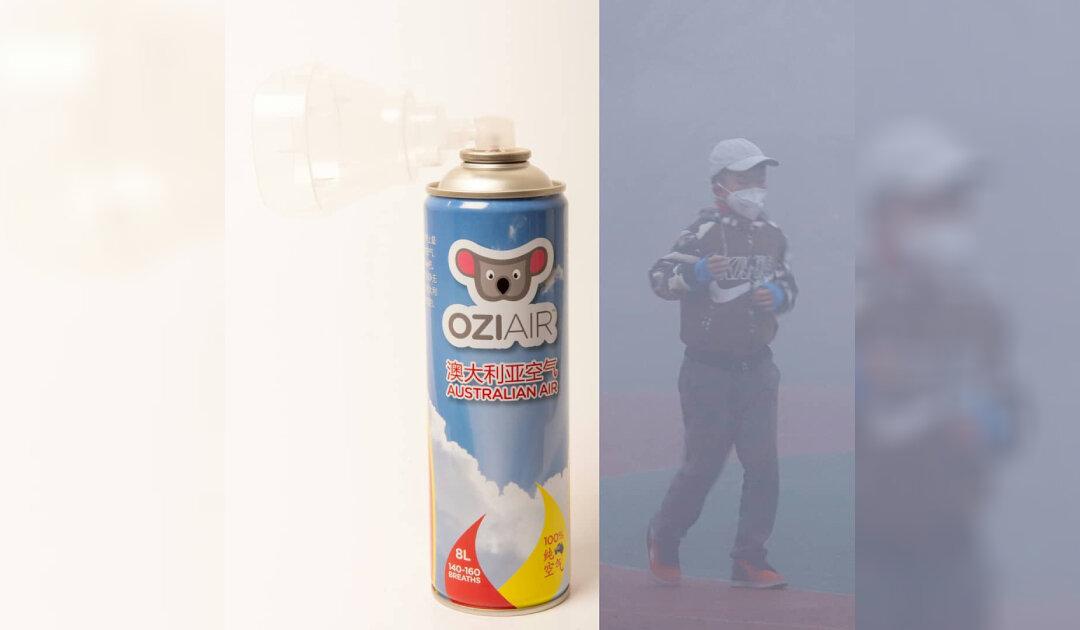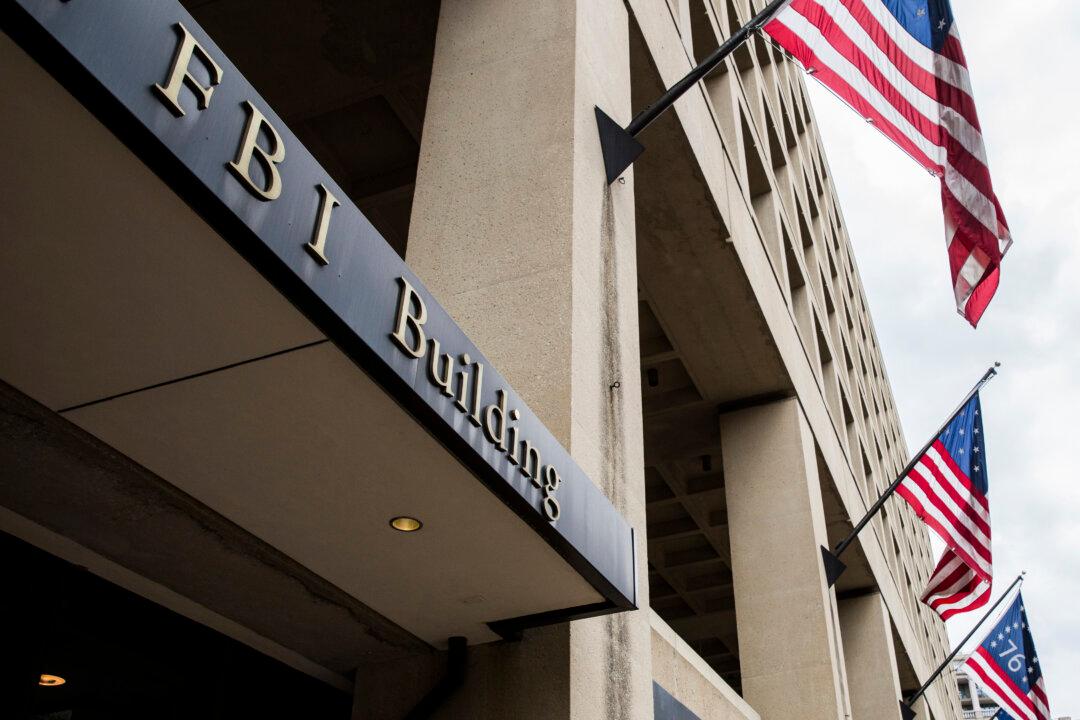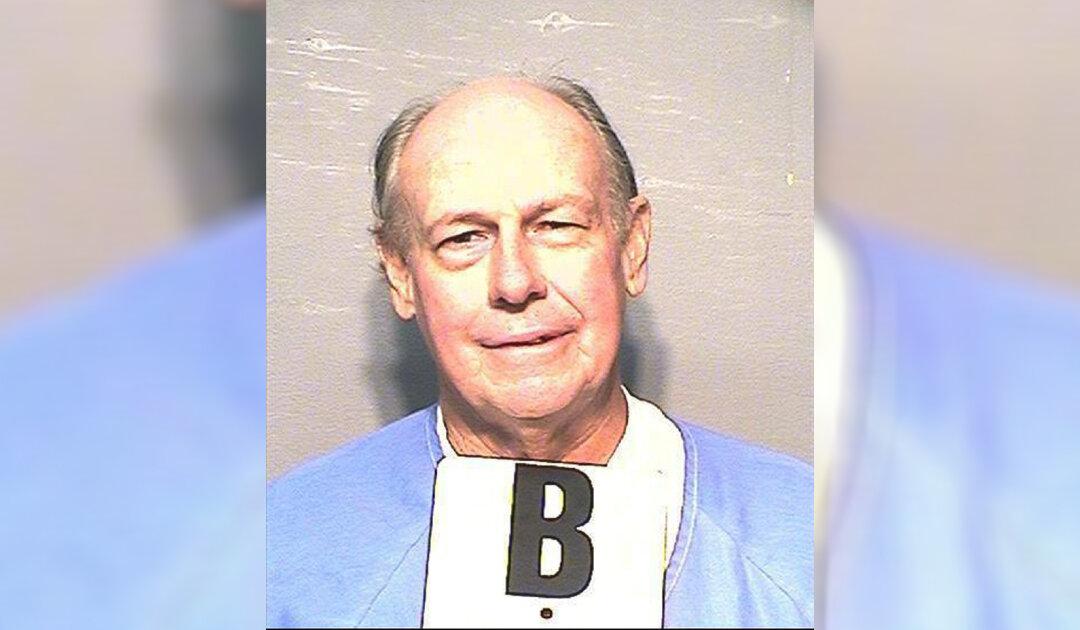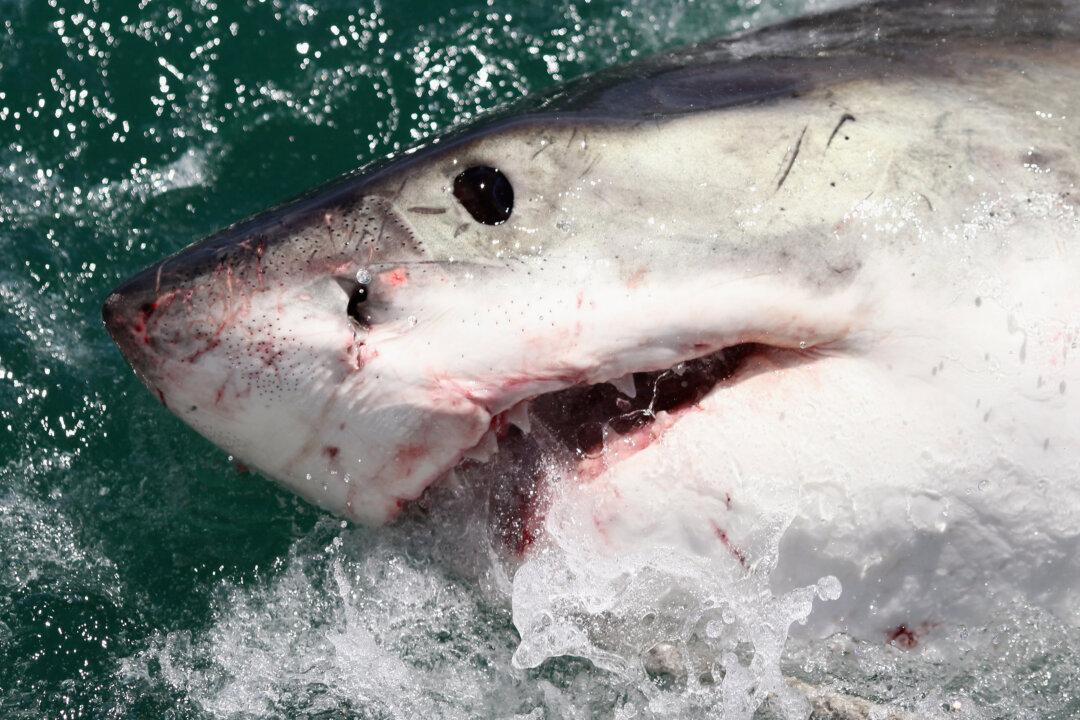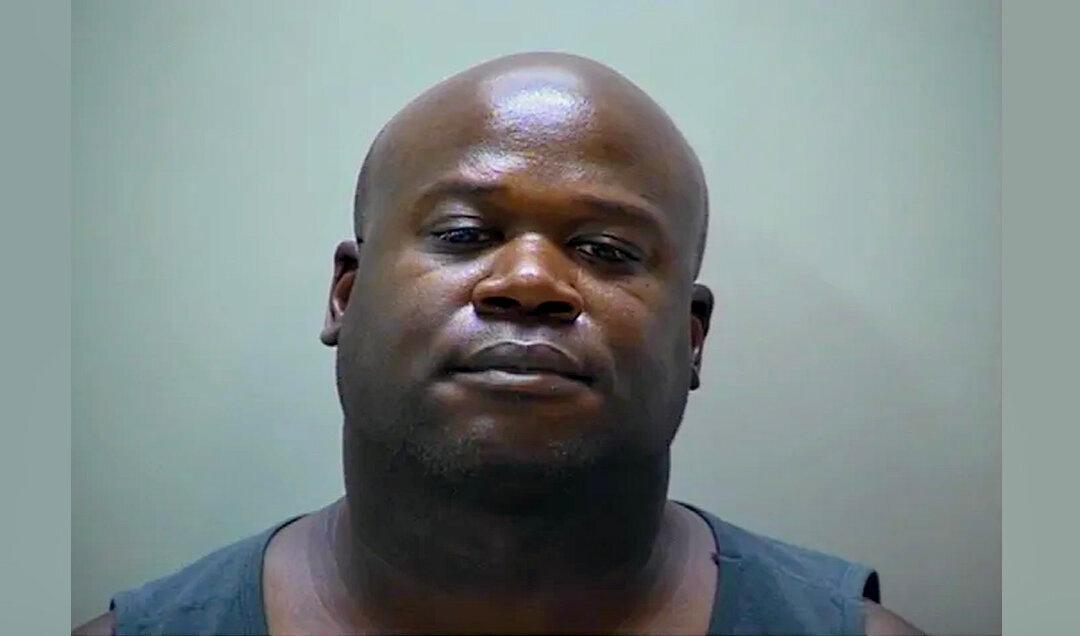Heavy pollution in China is forcing shoppers to buy bottled air from Australia to improve their wellbeing and reduce the chance of premature death from air pollution.
In January, China’s official air quality was 35 micrograms per cubic metre, 2.5 times higher than the World Health Organisation’s recommended annual average of 10 micrograms per cubic metre according to Reuters.
